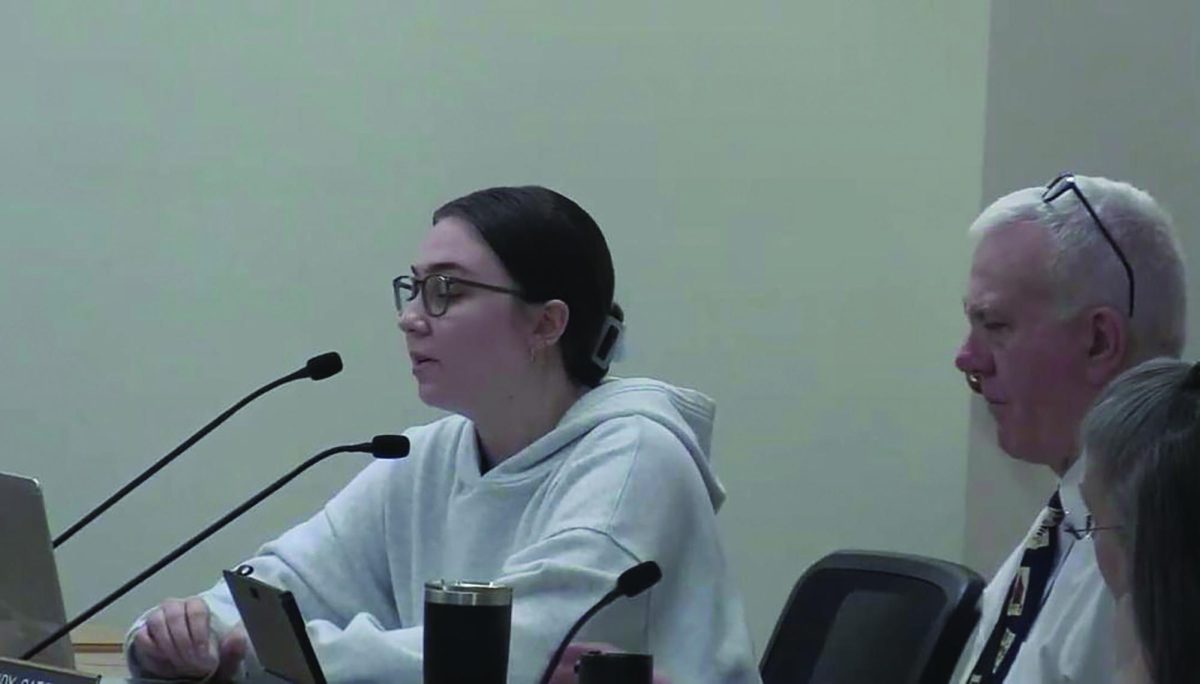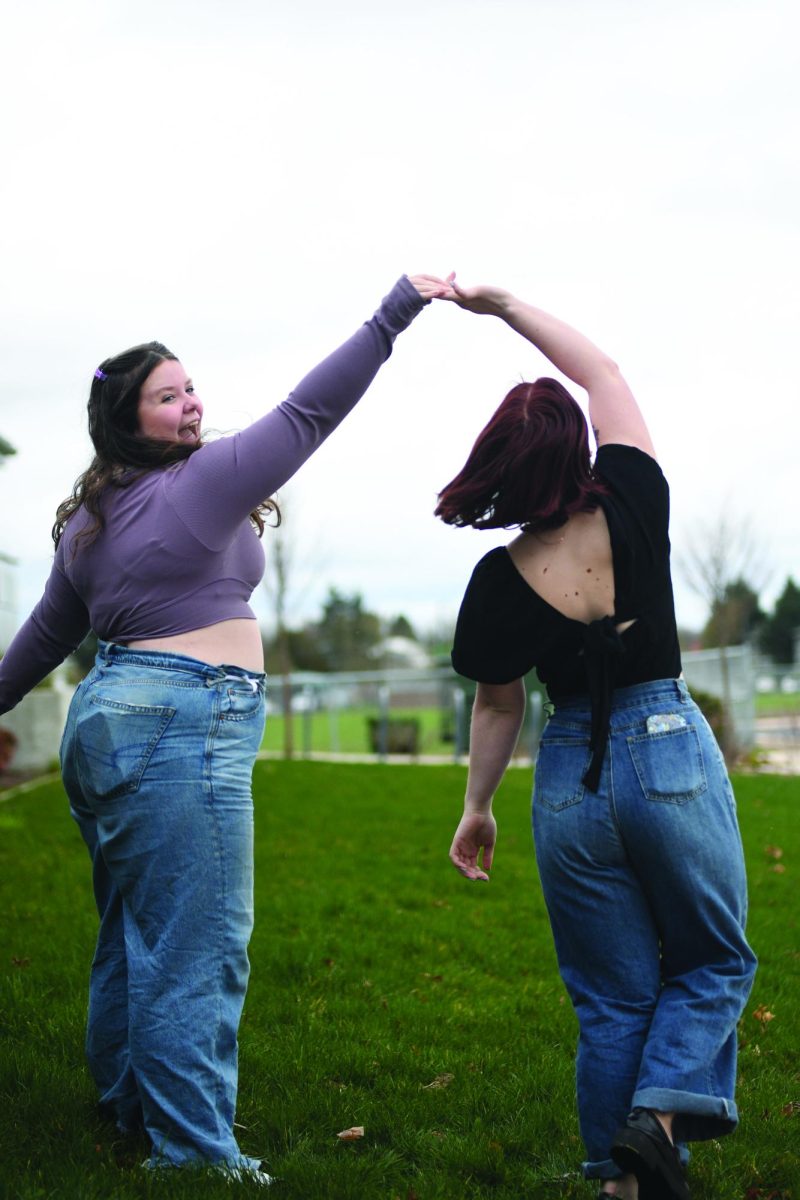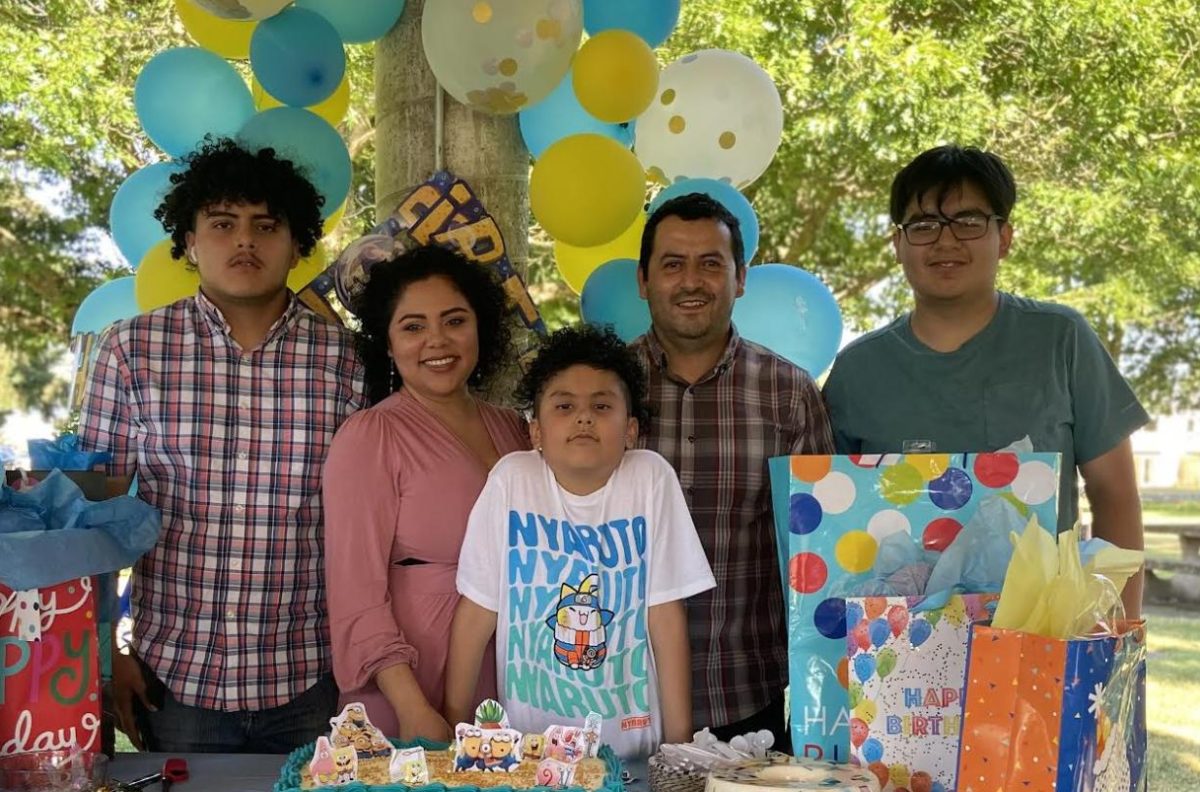Junior Will Leventhal remembers having a conversation with his grandfather, when his grandfather got up, stating he was going to head home. Leventhal remembers being confused — he was home. As he went to remind his grandfather of that fact, his mother stopped him. She told his grandfather that it was too late and they should sleep and try again in the morning.The next morning, Leventhal’s grandfather had forgotten the whole conversation from the previous night. That’s the earliest memory Leventhal has of realizing his grandfather had dementia.
”This was the [first] time I saw him have symptoms,” Leventhall said, “and it was terrifying.”
Dementia results from a wide variety of diseases or injuries affecting the brain that causes memory loss. According to the World Health Organization, 55 million people worldwide suffer from dementia.
For library media specialist Jean Gritter, the realization came over time. Her mother had vascular dementia that arose from her diabetes.
“The beginning of her dementia became clear when she started having more trouble managing her medications,” Gritter said, “and that’s when her doctors recommended that she move into a care facility.”
As a freshman, Emmalyne Ness has had two experiences with dementia affecting her loved ones. Ness’ grandfather had stage four brain cancer that eventually led to his memory loss, and when Ness was younger, her mother worked as a caretaker working with a dementia patient named Gladys.
“[Gladys] didn’t remember my mom had a kid, but every time she saw me, she would get really excited,” Ness said.
All three have the similarity of a loved one with dementia but have had different experiences finding out.
Dementia is a general term describing the loss of memory and reduction in cognitive abilities, but Alzheimer’s disease is the most common cause of dementia. The progression of Alzhimers varies from person to person. The symptoms start off relatively mild and with time worsen, according to the Alzheimer’s Society.
“It’s hard watching somebody over time gradually lose more and more touch with reality,” Gritter said. “It’s certainly a difficult process.”
Ness wasn’t around her grandfather Wally a lot, especially toward the end of his life, but her grandmother told her Wally was grumpy and would sleep hours on end.
“Toward the end he definitely lost a lot of his personality,” Ness said.
Leventhal’s grandfather, who suffered from a brain hemorrhage that led him to develop dementia, had symptoms like hallucinations and voices he would see and hear of childhood friends.
Gritter has a memory of showing her mother her mother’s fourth grade class photo. Her mother was able to point out and name each member of her class, but she could recall little of the latter half of her life.
The Alzheimer’s Society explains that a person with dementia may forget recent events but could still be able to recall detailed events from earlier in their life. According to the National Institute of Health, 75% of families have to experience the grief of a loved one experiencing Alzheimer’s disease.
In 2020 Gritter’s mother passed away, and Gritter explains how her death was caused by her dementia along with other physical problems like her diabetes and high blood pressure.
“The dementia was parallel with all of the physical things that were happening,” Gritter said. “It was clear as she went along that physically she was getting more and more frail and then she had a few series of hospitalizations in the last few months [before she passed].”
For Ness, her grandfather died when she was young, and she didn’t really understand at the time.
“It was really tough when we found out he had stage four brain cancer because he wasn’t taking chemo,” she remembers. “I just slowly watched his spark diminish.”
Ness, being really close to Gladys and her family, had a tough experience after she died.
“I didn’t really cry at funerals when I was a kid, but I remember one funeral I cried my eyes out, and that was Gladys’ funeral.”
Along with the sad times come special memories that you hold with loved ones.
“Willy always made me woodworks and really intricately designed things,” Ness remembers. “I still have Mary on a donkey holding Jesus that he carved from wood himself.” Ness kept lots of the woodworks Wally made her. After Wally died Ness was given his dog Sparky.
“You could tell he [Wally] was a good owner because Sparky was really well trained and a very happy dog.”
Gritter was “quite close” to her mother. When Gritter’s daughter was born, her mother moved to Oregon to be there as she grew up. “We spent time going to fairs and farmer markets,” Gritter said.
Ness and her family went on a trip to Hawaii and got to honor Gladys in a special way. “We went to Hawaii a year after she passed and we threw leis into the ocean along with her ashes to honor her.”





